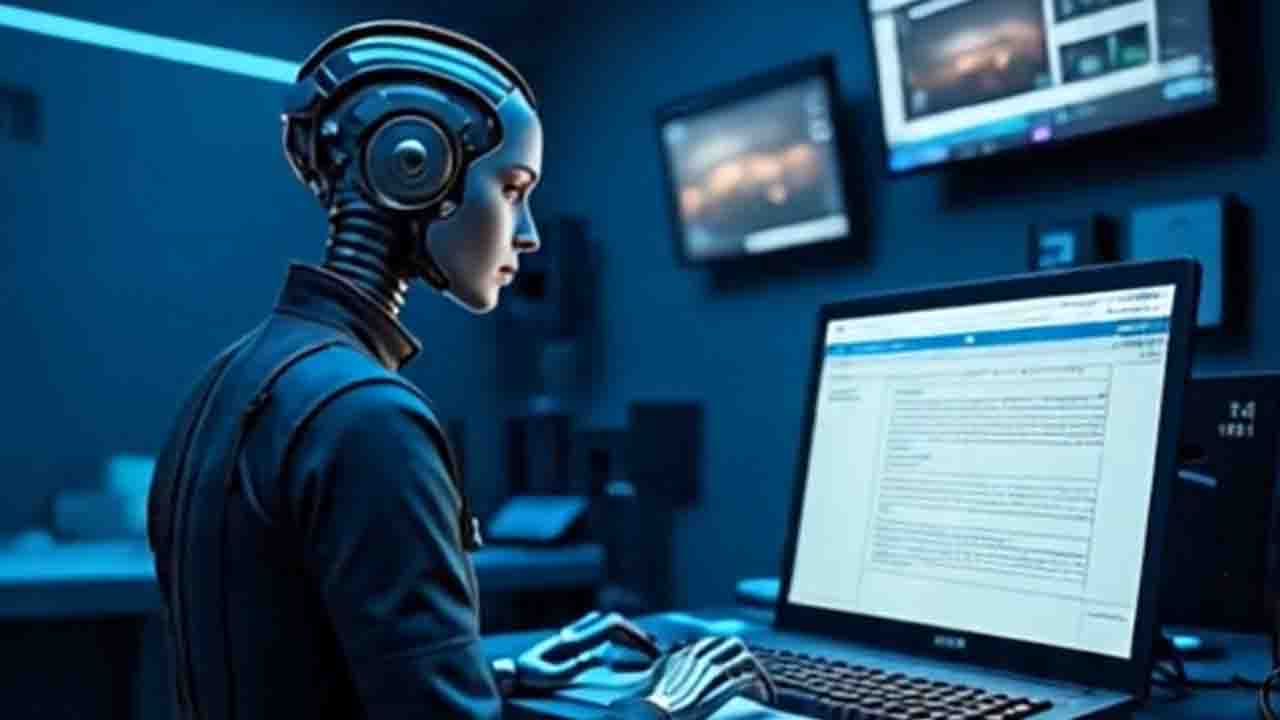
Shahid Online – Script to Screen is no longer just a metaphor in the film industry it’s a technological shift redefining how stories are told and brought to life. At the NAB Show 2025, one theme rang louder than the rest: artificial intelligence (AI) is no longer a fringe experiment in filmmaking it’s central. According to TV Technology, the question is no longer if AI will impact the industry, but how far it will go and how deeply it will integrate into each phase of the creative pipeline.
From writing assistance to scene visualization and casting recommendations, generative AI is increasingly involved in pre-production. Writers and directors are using tools to brainstorm plotlines, generate visual storyboards, and even test dialogues using AI-generated voice models. While some fear a loss of human creativity, others see AI as a co-pilot freeing artists to focus on nuance while algorithms manage routine tasks.
As Script to Screen workflows evolve, Agentic AI is making waves behind the scenes. This more autonomous breed of AI is already being deployed for tasks that once required large, human-led teams: localizing scripts into multiple languages, automating dubbing with realistic lip-sync, and personalizing distribution strategies based on regional audience data.
“Wellness Tourism: The Lifestyle Trend That May Add Years to Your Life”
AI-powered agents can now localize a film for 20+ markets in mere hours a process that used to take weeks. Streaming platforms, in particular, are leaning on this tech to meet rising global demand and offer simultaneous multi-language releases. The result? A smarter, faster distribution model that’s helping creators scale their content like never before.
Completing the Script to Screen transformation is a new monetization frontier powered by AI. Real-time content adaptation including AI dubbing, real-time subtitles, and audience feedback loops is creating immersive viewing experiences across cultures. Companies can now release and profit from tailored versions of the same content, increasing reach and reducing localization costs.
But this also raises ethical concerns: as AI-generated actors, voices, and even scripts become more convincing. Where do we draw the line between art and automation? Industry leaders urge for transparency, clear crediting of AI involvement, and human oversight in decision-making.
“Shockwaves Across the Pacific: 8.8 Quake Off Russia”